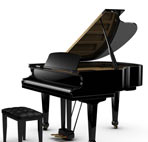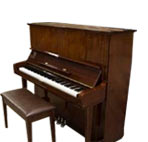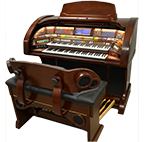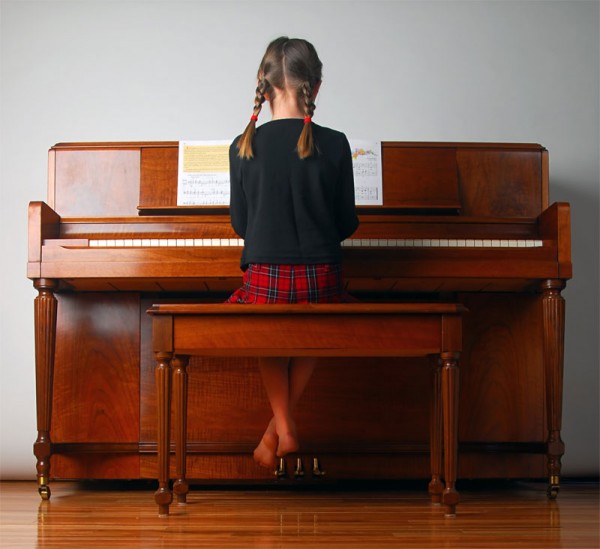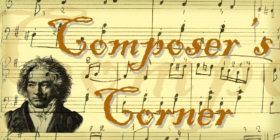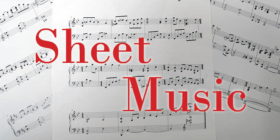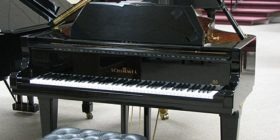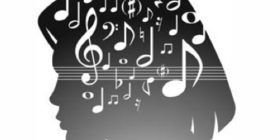If a student is seriously considering music for a course of study in college and/or as a career, there are some things to think about. First, the decision to get serious about music must come before Senior year in high school; prospective colleges want to see a resume and portfolio of contests that the student has entered, listings of recitals and concerts the student has participated in, and a listing of all repertoire. Senior year in high school is spent auditioning for different colleges, and involves a lot of travel and time. All repertoire for college auditions needs to be learned during sophomore and junior years of high school. At the same time, the student should enter as many local and national contests as possible, as well as giving some solo recitals. It sounds intimidating but really isn’t; the recitals would consist of the music to be performed at the competitions and at the college auditions. Full tuition scholarships in music are some of the most accessible; a good GPA is important, but in music it is far more important to have a full portfolio to present to the colleges.
A student should have learned the following repertoire prior to college if considering music as a major:
- Bach
- Two and Three Part Inventions
- English and French Suites
- Well Tempered Clavier Book I
- Beethoven
- Sonatas, at least one complete sonata from each period of Beethoven’s composition styles should be learned, memorized and performed. A total of three complete sonatas
- Chopin
- At least Five preludes, Three Etudes, One Nocturne
- Debussy
- At least Three preludes, and Children’s Corner
- Mozart
- At least Three complete sonatas
- Prokofiev
- At least Three compositions
- Contemporary composers
- Bartok, Barber, Poulenc, Shostakovich, Muczynski should all be familiar to an incoming freshman for college.
- Concertos
- At least one concerto by Haydn, Mozart, Beethoven and a contemporary composer should be in the students repertoire list.
- Chamber Music
- The incoming freshman should have copies of programs where the student has participated in the chamber music performance.
- Accompanying
- The student should be familiar with the art of accompanying the different sections of the orchestra, as well as vocalists.
- Technique
- All Major and minor scales
- Arpeggios
- Technique books by Hanon, Czerny, Brahms and Pischna should be fully learned and successfully accomplished by the incoming freshman.
- Theory
- An incoming student should know basic theory skills, including the construction of all major and minor scales, all intervals and their inversions, and basic understanding of primary chordal writing.
A student who decides senior year to get serious about music will find themselves up the proverbial creek without a paddle and stands little or no chance of obtaining a good scholarship to any good school for music. There is no way that all this material can be learned in one year. The learning of this music is a process that begins in fifth or sixth grade, even if the student is not totally decided to make the commitment to a college career in music. The student will be prepared and Senior year in high school can be a great deal of fun and travel. This is why I cringe when students want to take an entire summer off from piano. Summer is the ideal time to get a lot of material learned, memorized and ready to perform, so that the stress level when school is in progress will be a lot lower, especially when trying not to be a piano bench potato while doing sports and doing well in school.
It takes a commitment of hundreds of hours of time for the teacher, student, and parents to get a student fully prepared for college admissions auditions and the chance for generous scholarships. Senior year in high school is far too late to think about getting serious about music, if the student hopes to get a full tuition scholarship to any major school.


